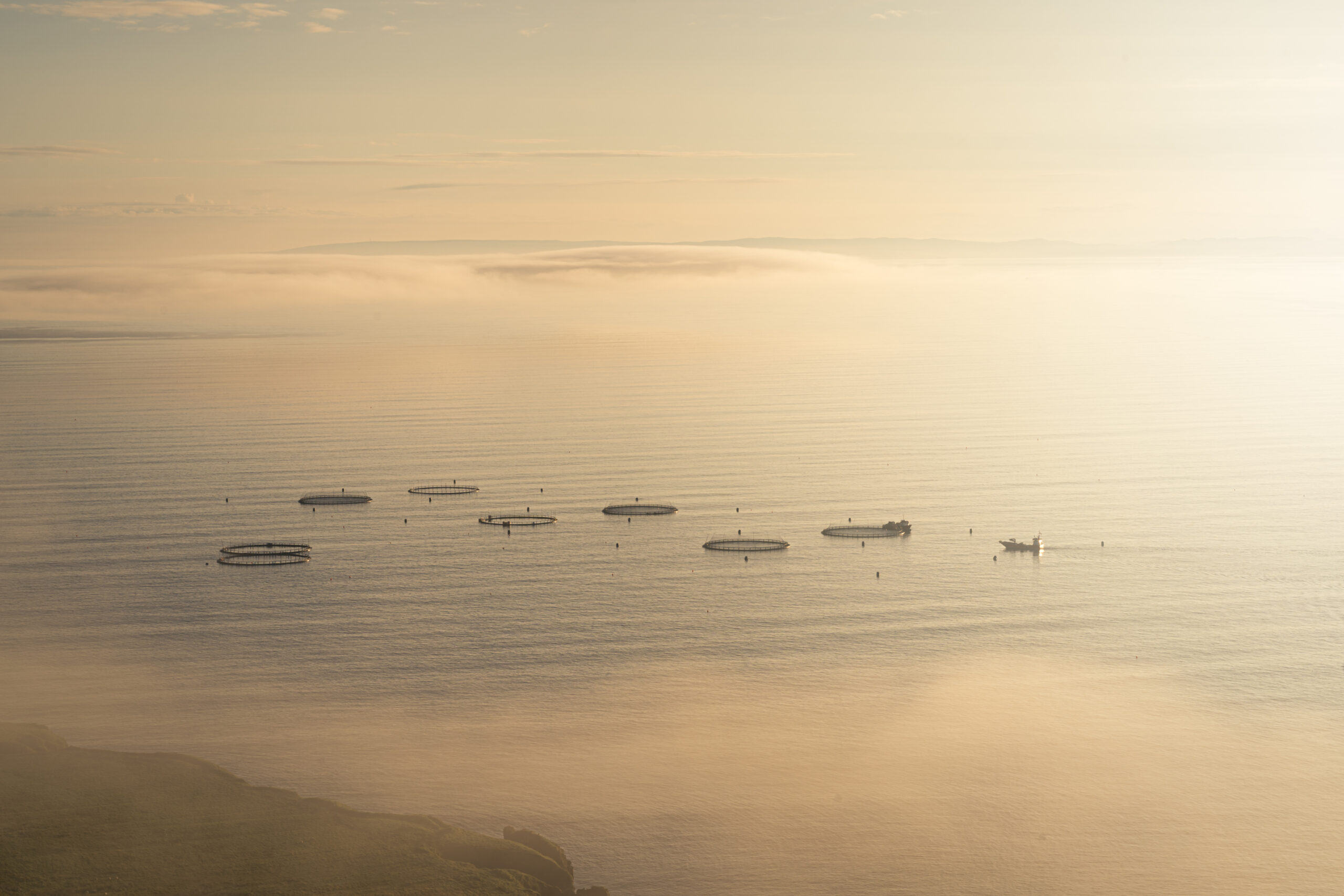More than a million dead fish, the biggest mass die-off of farmed salmon in Scotland in a decade, have been recorded at a farm belonging to the UK’s largest supplier.
The deaths at two adjacent Mowi Scotland sites in Loch Seaforth on the Outer Hebrides – licensed as one farm rose to just over a million during the year-and-a-half production cycle that it usually takes to raise a salmon in seawater, and which in this case began in spring 2023.
The data, analysed from government statistics by Scotland’s Coastal Communities Network (CCN), which exists to protect Scotland’s coastal and marine environments, and NGO Free Salmon, is “deeply concerning”, said John Aitchison, speaking on behalf of CCN’s 30 member groups. Mass deaths of farmed salmon are a growing problem, he said, and can in some cases be an indicator of poor welfare.
“This is the first time since 2014 [when regular reporting began] that more than a million farmed salmon deaths have been reported at a single farm site in one production cycle,” said Aitchison. “We expect to see more salmon deaths in Scotland because farms are becoming even larger.”
Mowi Scotland confirmed the death total of 1.05 million fish, which it said was a combined figure for two sites, Seaforth and Noster.
Ben Hadfield, Mowi Scotland’s chief operating officer, rejected any suggestions mass mortality is a sign of poor welfare and said the deaths were due to an unprecedented rise in sea temperatures which resulted in jellyfish blooms, a problem blighting Scottish production. Jellyfish stings to salmons’ eyes, skin and gills risk health problems and death. “[Any] suggestion that this is caused by bad farming, fixation with profits [or] overstocking is … very false and misleading,” Hadfield said.
Salmon mortality at Mowi Scotland has fallen by two-thirds this year due to normalisation of temperatures, the company said.
